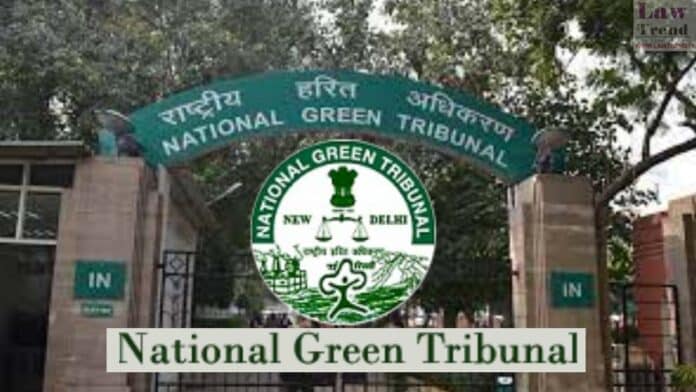The National Green Tribunal (NGT) has issued notices to the Delhi police chief and the special commissioner of traffic management, seeking explanations on the measures being implemented to mitigate air pollution arising from vehicular movement and parking issues in the National Capital Region (NCR).
During a hearing addressing the worsening air quality in NCR, the NGT expressed concerns over the lack of transparency in implementing the Graded Response Action Plan (GRAP). GRAP is a set of emergency measures activated in response to different levels of air pollution. The tribunal’s order, dated October 24, highlighted that the Air Quality Index (AQI) on October 23 reached 364, categorized as “very poor,” indicating significant lapses by authorities.
Justice Prakash Shrivastava, Chairperson of the NGT, noted that the Commission for Air Quality Management (CAQM) had reviewed the GRAP schedule, but the specifics of when and how long it takes to invoke various stages of GRAP were unclear. “It is not disclosed as to the average of how many days are taken to invoke stage I, and it is also not disclosed what duration is treated to be sufficiently long,” the bench stated.
The tribunal underscored the significant impact of vehicular emissions on air quality and placed the responsibility on the police for controlling traffic, managing parking, and enforcing bans on unauthorized and older vehicles. The NGT has now included both the police commissioner and the special commissioner of traffic management as respondents in the case.
The bench directed these officials to submit an affidavit detailing the actions taken at ground level to address the pollution factors related to vehicle movements and parking. Moreover, the NGT emphasized the need for effective ground-level enforcement by field staff and teams from the Delhi government and the Municipal Corporation of Delhi (MCD).
Additionally, the tribunal encouraged the Central Pollution Control Board (CPCB), Delhi government, and MCD to promote their mobile applications designed to monitor and report pollution violations actively. It also highlighted the Union Ministry of Environment, Forest and Climate Change’s (MoEF&CC) affidavit, which included details on the existing and proposed ambient air quality monitoring stations in NCR, pointing out the absence of proposed new stations in Delhi.




